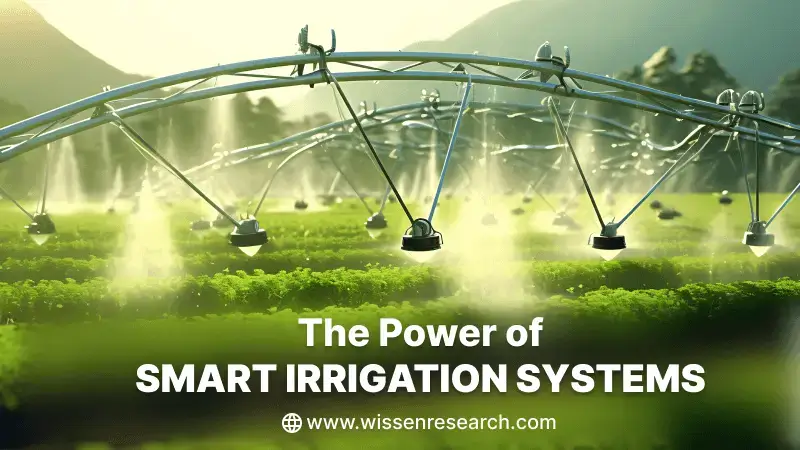
Close


In various regions worldwide, the unpredictability of rainfall poses challenges to maintaining optimal landscape quality. Conventional irrigation methods often lead to water waste, increased utility costs, and diminished overall landscape health. The emergence of smart irrigation systems, utilizing IoT (Internet of Things) sensors and weather data, has emerged as a transformative solution.
In this blog post, we will delve into the domain of smart irrigation technology, focusing on controllers and sensors that enhance water conservation and efficient water management for landscaping on a global scale.
Outdoor water consumption constitutes a significant portion of household water usage globally. Inefficient watering practices result in substantial water loss due to evaporation, wind, and runoff. Smart irrigation technology offers a sustainable approach to address these issues, maximizing irrigation efficiency while minimizing water waste.
Smart irrigation controllers and sensors play a pivotal role in achieving water savings. These technologies operate based on real-time weather data or soil moisture information, ensuring that irrigation is tailored to the specific needs of the landscape. Whether applied to small residential yards or expansive managed landscapes, smart irrigation technology presents a versatile solution for water-conscious individuals worldwide.
Two main categories of smart irrigation controllers exist: Climate-based controllers and soil moisture-based controllers.
For properties already equipped with traditional irrigation systems, upgrading to smart controllers may be impractical. In such cases, add-on sensors provide an efficient solution to enhance the existing system’s performance. These sensors include:
Now, let’s explore the benefits of integrating IoT into irrigation systems:
Smart irrigation technology, driven by IoT sensors and weather data, offers a sustainable approach to water management in landscaping worldwide. Whether through new controllers or add-on sensors, these systems enhance efficiency, reduce water waste, and contribute to the overall health and attractiveness of landscapes. As technology continues to advance, smart irrigation systems stand as valuable tools in promoting water conservation and responsible outdoor water use on a global scale.
The surge in worldwide patent filings over the last five years underscores the growing interest and innovation in smart irrigation, indicating significant potential for further advancements in this field. The increasing number of patents suggests a wide scope for exploration and development, emphasizing the role of smart irrigation not only in addressing current water management challenges but also in paving the way for future innovations and solutions in sustainable agriculture and landscaping practices.
Wissen Research specializes in Technology Landscape Analysis, offering businesses a strategic edge by providing comprehensive insights into patents, competitor strategies, and emerging trends. Utilizing diverse data sources, including scientific journals and patent databases, we empower businesses to stay ahead, optimize strategies, and navigate the ever-evolving technological landscape for long-term success.
Please Subscribe our news letter and get update.
© Copyright 2023 – Wissen Research All Rights Reserved.
Powered by VintageCoders